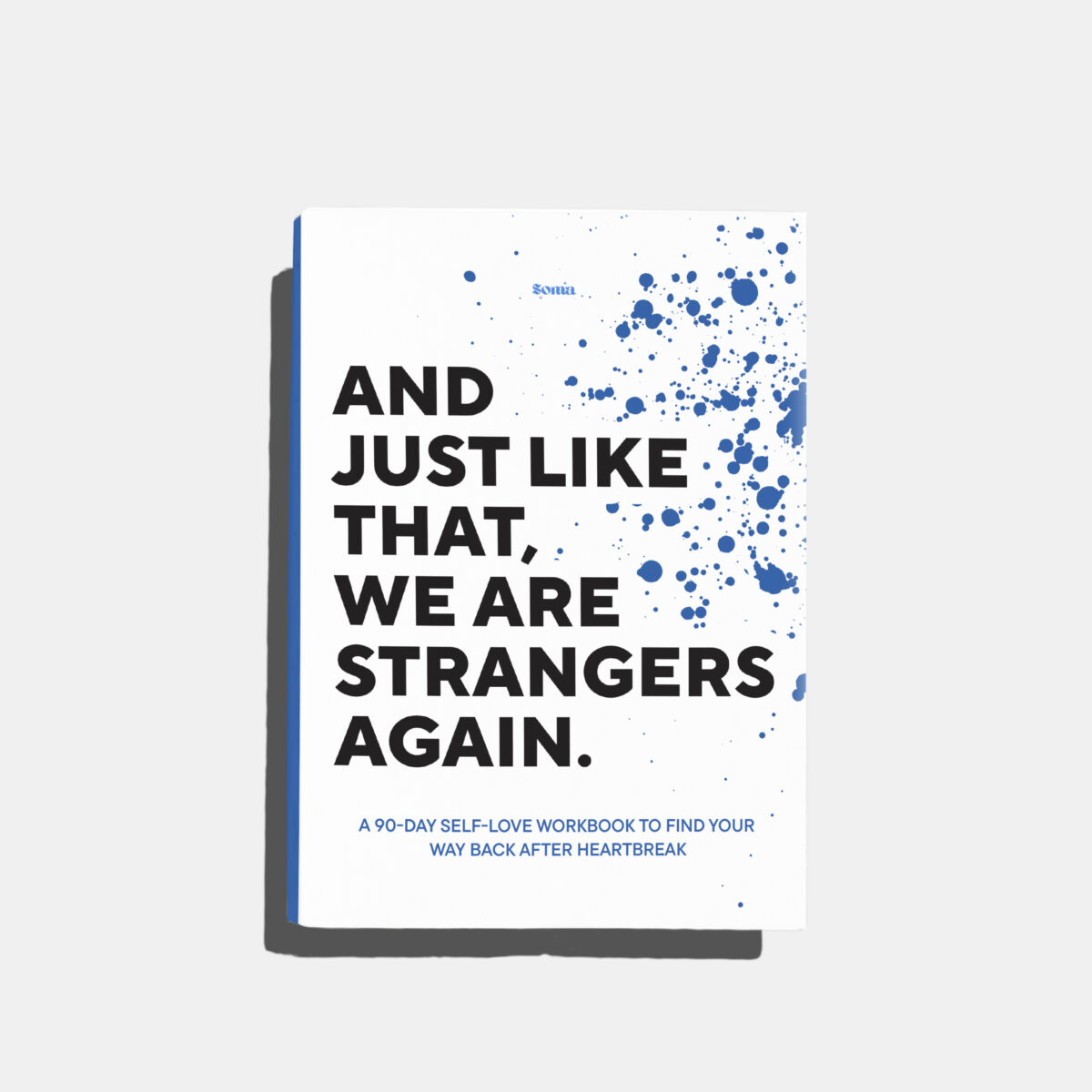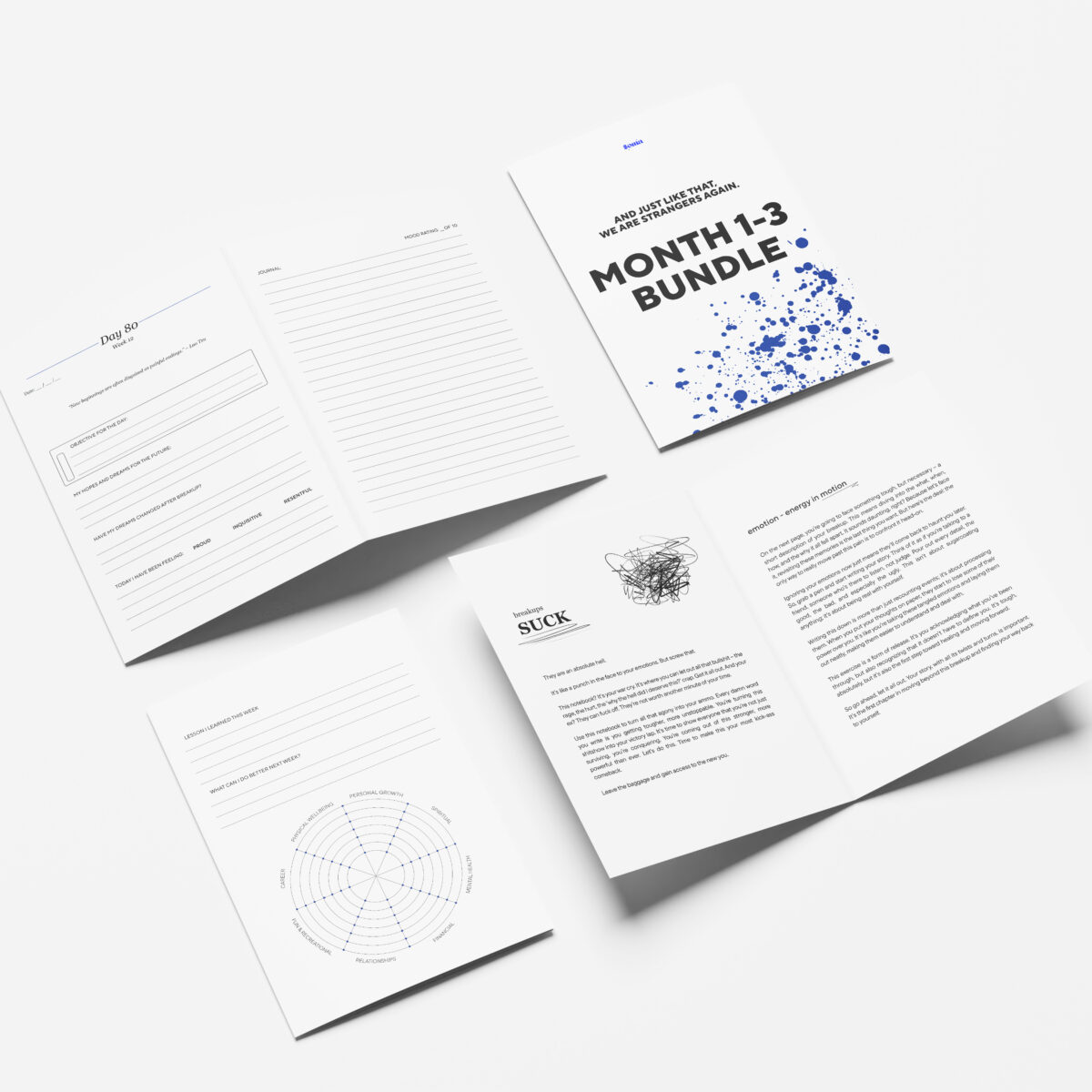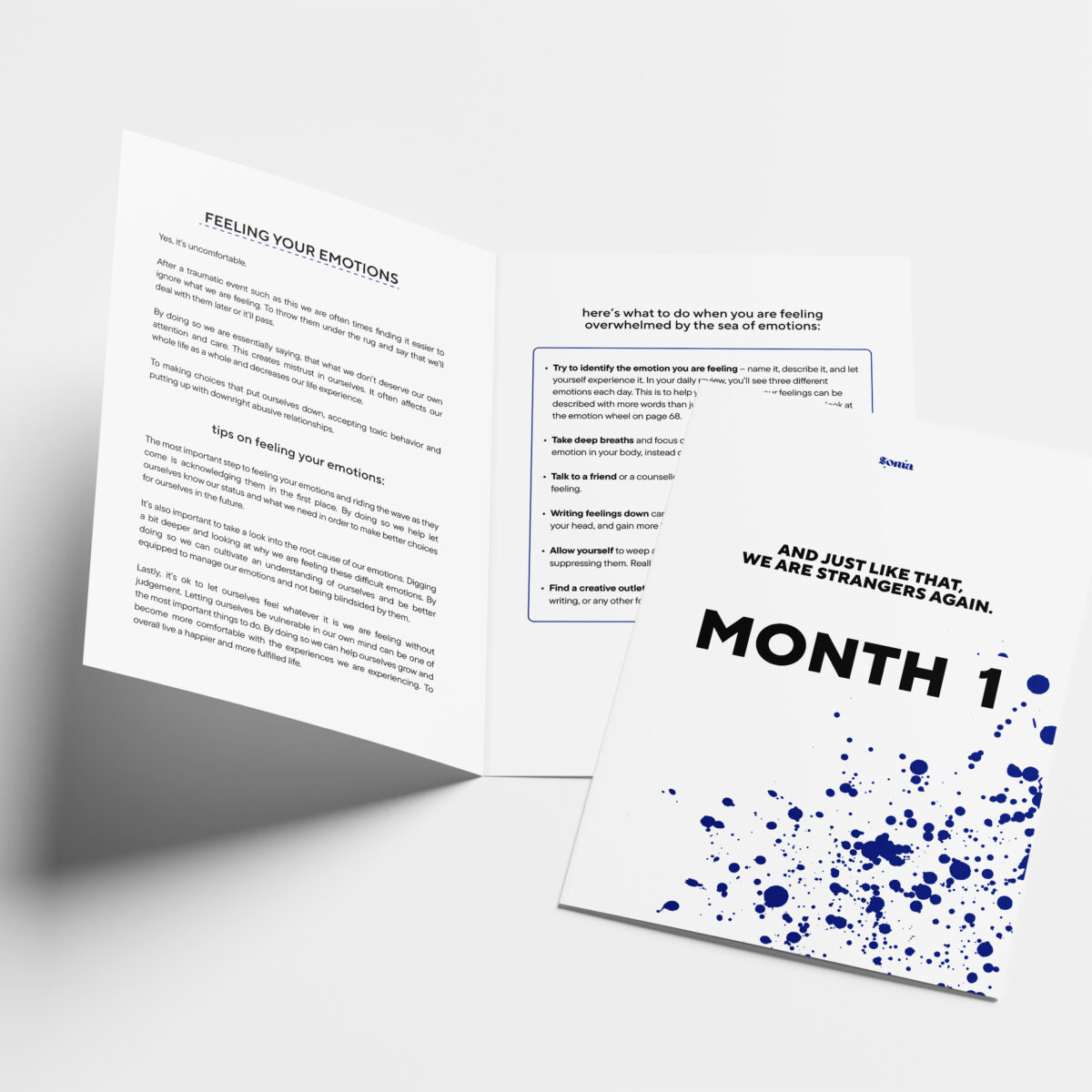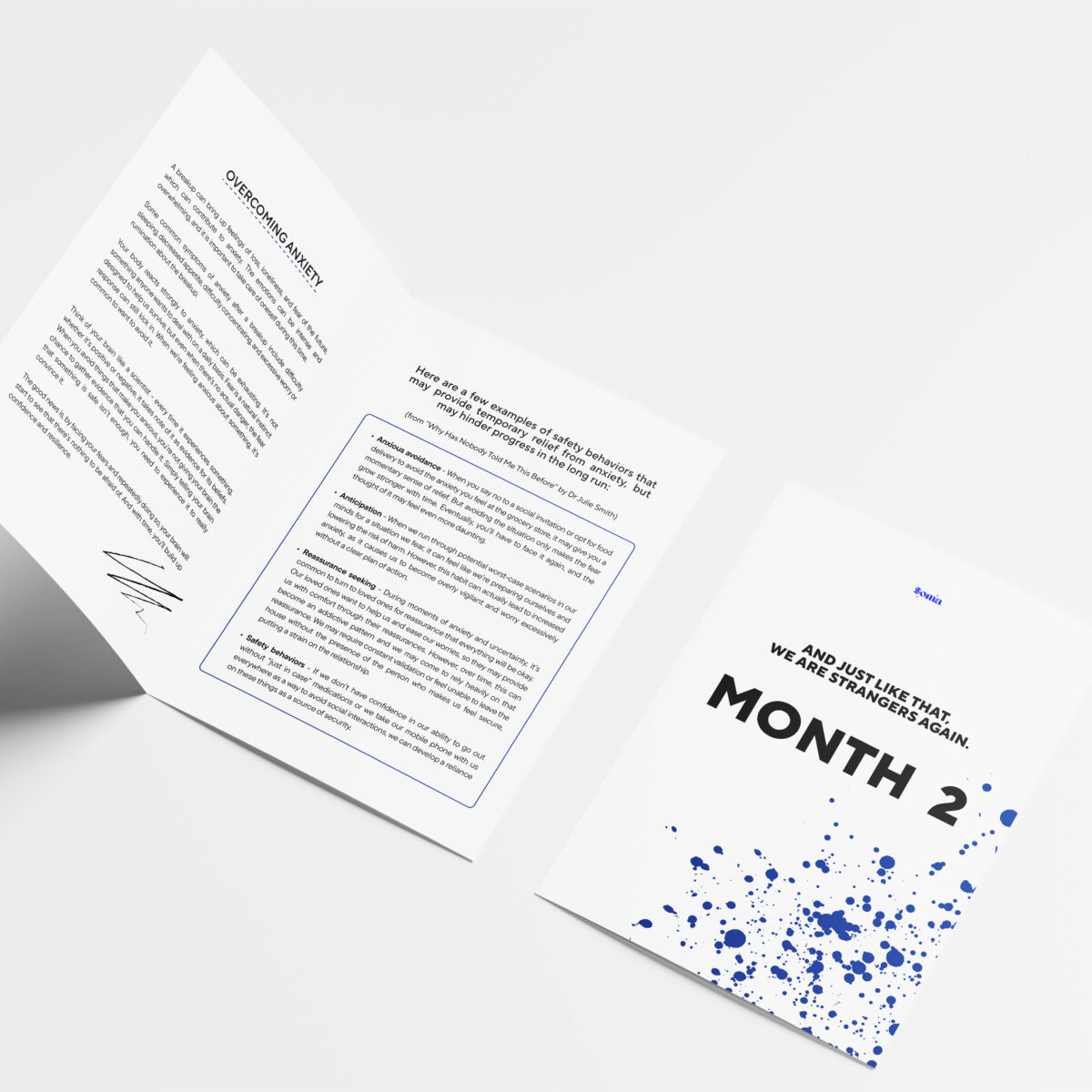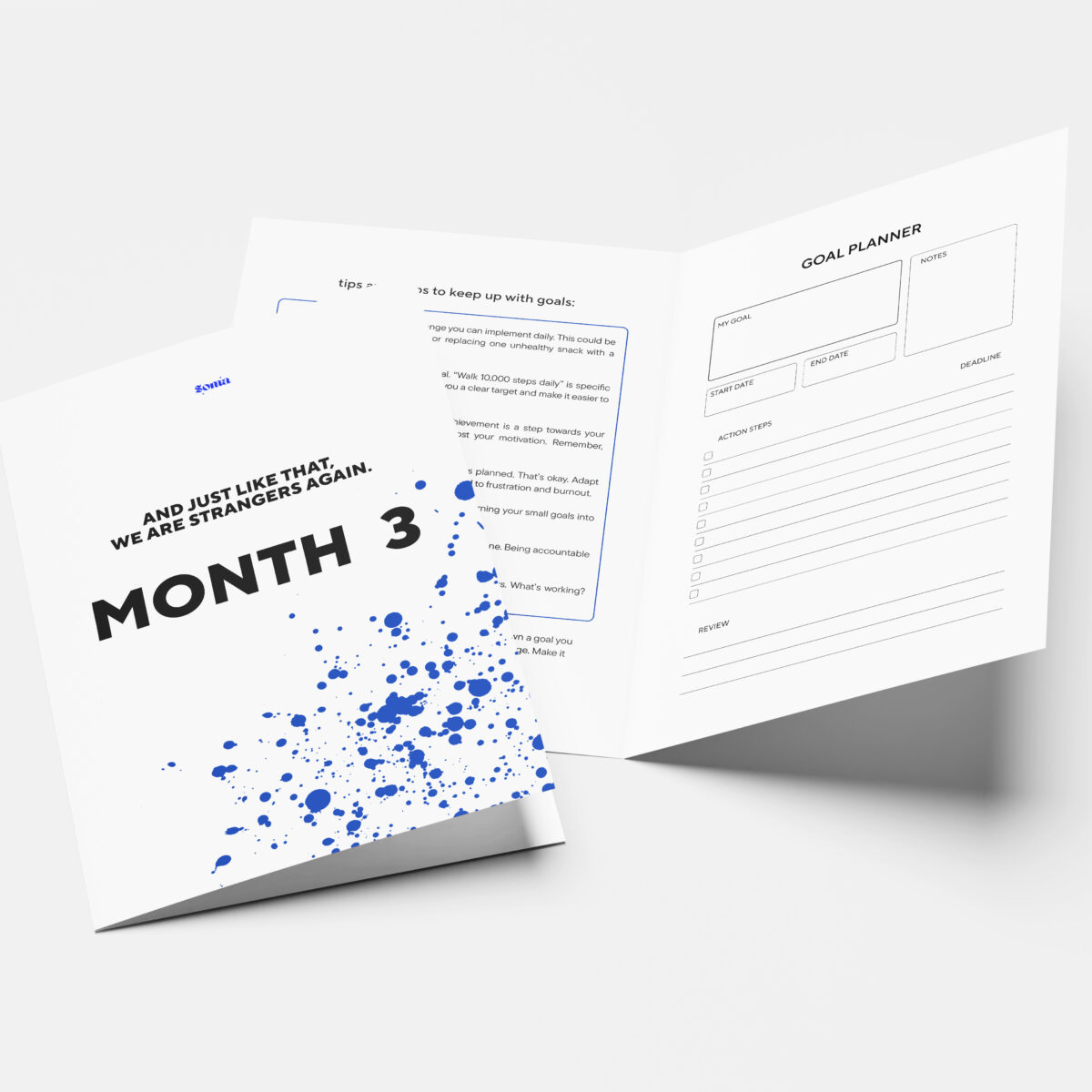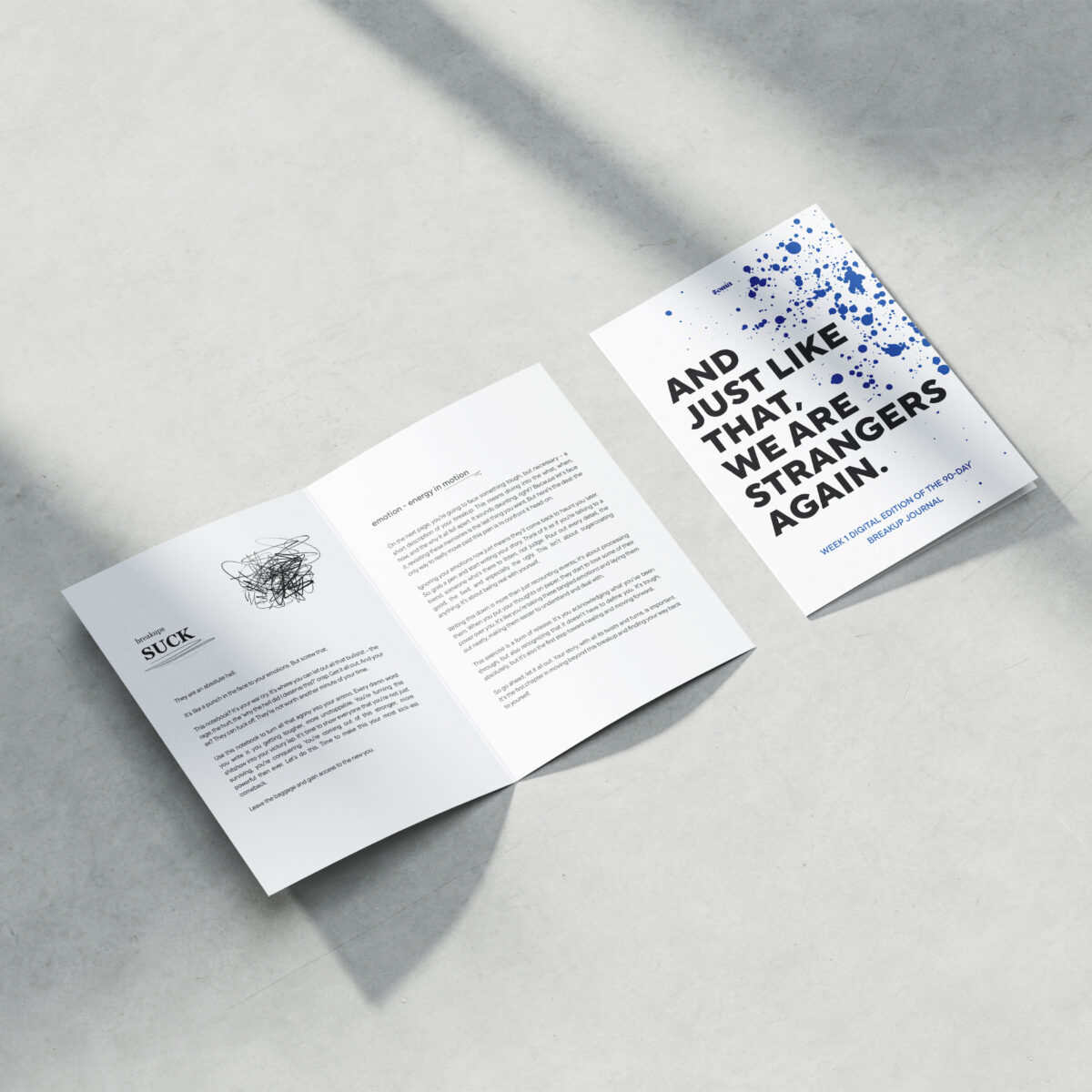
Heartbreak is a deeply personal and often transformative experience, with profound psychological effects that touch on nearly every aspect of an individual’s life. Though it is commonly associated with romantic relationships, heartbreak can stem from various forms of loss and emotional detachment. This article explores the multifaceted psychological effects of heartbreak, incorporating personal experiences to provide a more human and relatable perspective.
Understanding Heartbreak
Heartbreak is more than just an emotional reaction; it’s a complex psychological process that follows the loss of a significant emotional attachment. While typically associated with the end of romantic relationships, heartbreak can also result from unrequited love, friendship dissolution, or the death of a loved one.
Psychological Effects of Heartbreak
- Stress Response: John, a 30-year-old engineer, described his heartbreak as “a constant state of anxiety.” His experience aligns with the body’s stress response, which releases cortisol and adrenaline, leading to symptoms like insomnia and a weakened immune system.
- Emotional Turmoil: Sarah, a college student, went through stages of sadness, anger, denial, and acceptance after her breakup. This emotional rollercoaster is similar to the Kübler-Ross model of grief, indicating the depth and complexity of heartbreak.
- Cognitive Changes: Mike, who recently ended a five-year relationship, found himself struggling with concentration and obsessive thoughts about his ex-partner. Such cognitive changes reflect the impact of heartbreak on mental functions, often leading to decreased productivity and decision-making abilities.
- Physical Pain: Emma felt a literal ache in her chest after her separation, a phenomenon that underscores how the brain processes emotional and physical pain similarly. This physical manifestation of heartbreak is sometimes referred to as “broken heart syndrome.”
- Self-Identity Reassessment: After his divorce, David underwent a significant identity crisis, questioning his self-worth and life choices. The end of a long-term relationship often forces individuals to reassess and redefine their self-identity.
- Attachment Style Impact: Rachel’s anxious attachment style meant that her breakup was particularly distressing, marked by prolonged distress and an inability to detach. Conversely, her ex-partner, who had a more secure attachment style, seemed to recover more quickly.
- Depression and Anxiety: Long-lasting heartbreak led to clinical depression for Alex, who found daily activities and finding joy increasingly difficult. Such intense emotional turmoil can escalate into mental health issues if not addressed.
Coping with Heartbreak
- Social Support: Lily found solace in her friends and family, whose support was crucial in her healing process. Engaging with a supportive community can provide comfort and a sense of belonging.
- Professional Help: Seeking therapy helped Tom deal with his heartbreak-induced anxiety. Techniques like Cognitive Behavioral Therapy (CBT) can be particularly effective in managing negative thought patterns.
- Self-Care: For Priya, activities like yoga and painting were instrumental in her recovery. Prioritizing physical and mental well-being through self-care is a vital step in healing from heartbreak.
- Acceptance and Growth: Learning from the experience and growing emotionally were key for Kevin, who found that embracing his pain led to personal development and emotional maturity.
Conclusion
Heartbreak, while a universally shared experience, is deeply personal and affects each individual differently. Its psychological impacts are profound, influencing emotional states, cognitive functions, and even physical health. Personal stories of heartbreak highlight the diversity of this experience and the various ways individuals cope and recover. Understanding these psychological effects and acknowledging the shared human experience of heartbreak can foster resilience and provide comfort during times of emotional distress.
This article is a reminder that the process of healing from heartbreak is a personal and evolving journey. For further guidance and self-exploration, consider exploring a heartbreak workbook, which can offer structured support and insights on this path.

